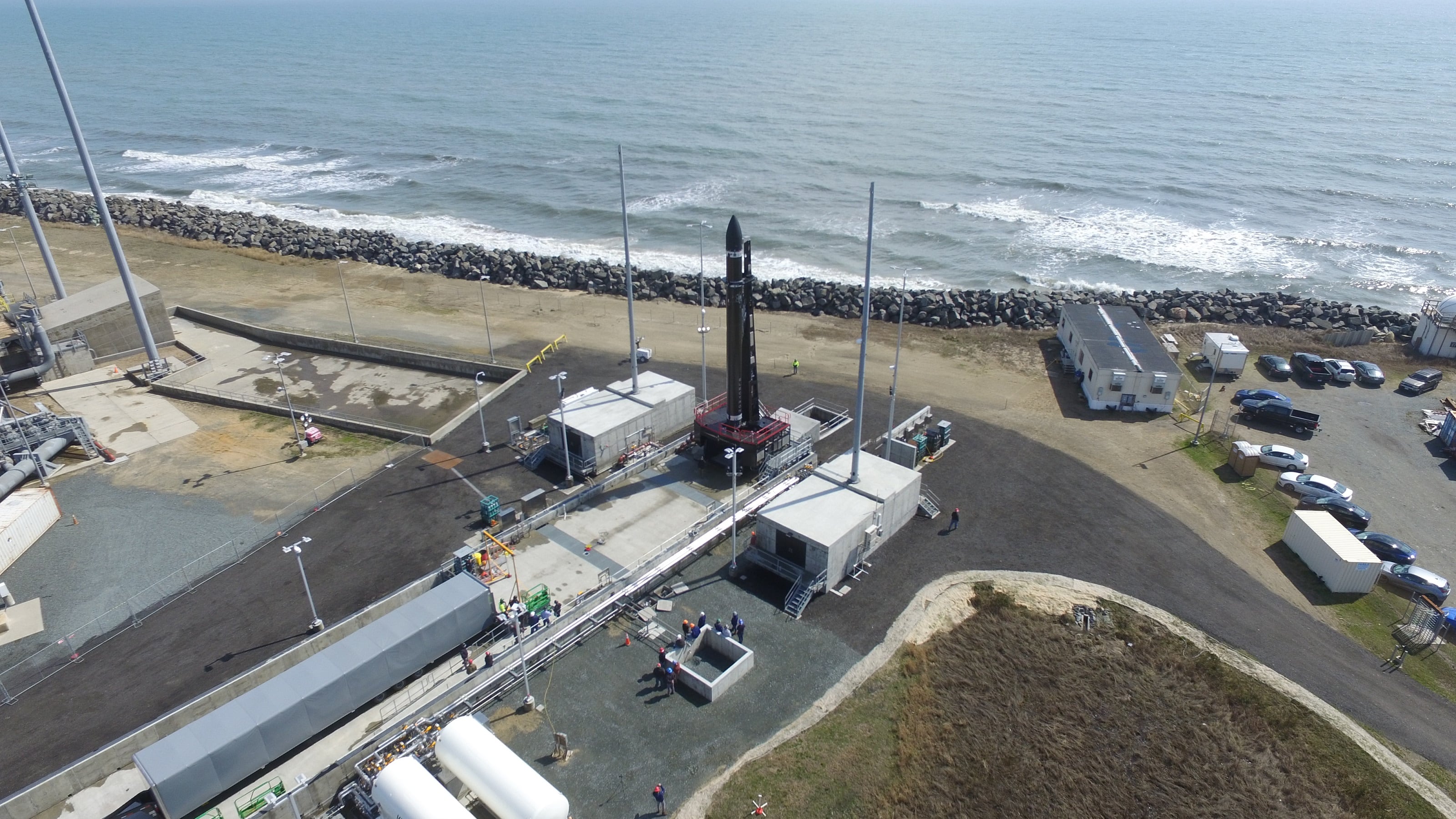The U.S. National Reconnaissance Office is sticking with Rocket Lab for two back-to-back launches from New Zealand in 2021, the company announced June 18. The announcement follows the completion of Rocket Lab’s second successful mission for the agency earlier this month.
Slated for spring 2021, the missions will take place on Electron rockets from two separate launch pads at Rocket Lab’s New Zealand complex. According to the company, this will allow it to launch the missions within weeks of each other, providing a more responsive launch capability.
“Given the threat to space capabilities posed by potential adversaries, there simply cannot be a waiting room to get on orbit,” said Lars Hoffman, Rocket Lab’s senior vice president of global launch services. “With Electron launch vehicles on standby for rapid call-up and three launch pads capable of supporting up to 130 missions per year, we stand ready to respond to the national security community’s needs with speed and precision, every time. We look forward to working with the dedicated team at the NRO once again for these important missions.”
RELATED

Since completing its first commercial mission in 2018, the American company has been selected to deliver several U.S. government payloads into orbit from its New Zealand launch complex. Rocket Lab has provided launches for NASA, the Defense Advanced Research Projects Agency, the Air Force and, starting in 2020, the NRO.
The company’s first mission with the NRO — the agency charged with acquiring and maintaining America’s fleet of spy satellites — took place in January. Though planned for March 2020, Rocket Lab’s second NRO mission was delayed due to COVID-19 restrictions in New Zealand, but on June 13 the company was able to place three more NRO payloads on orbit.
“We’re very excited to have another successful launch out of New Zealand in partnership with Rocket Lab,” U.S. Air Force Col. Chad Davis, director of the NRO’s Office of Space Launch, said following the June launch.
“We’re excited about our continued collaboration with Rocket Lab and the New Zealand Space Agency, and thank everyone on the launch team for their dedication and support in making RASR-2 a successful ride-share mission,” he added, using an acronym for the “rapid acquisitions of a small rocket” contract vehicle.
Like the first two missions with Rocket Lab, the upcoming missions were secured through RASR. Rocket Lab’s January launch was the first mission procured with the new mechanism, which the NRO adopted in 2018 to take advantage of the growing commercial small launch market.
“Maintaining resilient space architecture and having the ability to deploy assets exactly when and where they’re needed is paramount for U.S. national security in these dynamic times,” said Peter Beck, Rocket Lab’s founder and CEO. “We’re proud to continue enabling that flexible, responsive space access and once again deliver a proven launch solution for the NRO and the nation.”
Nathan Strout covers space, unmanned and intelligence systems for C4ISRNET.








